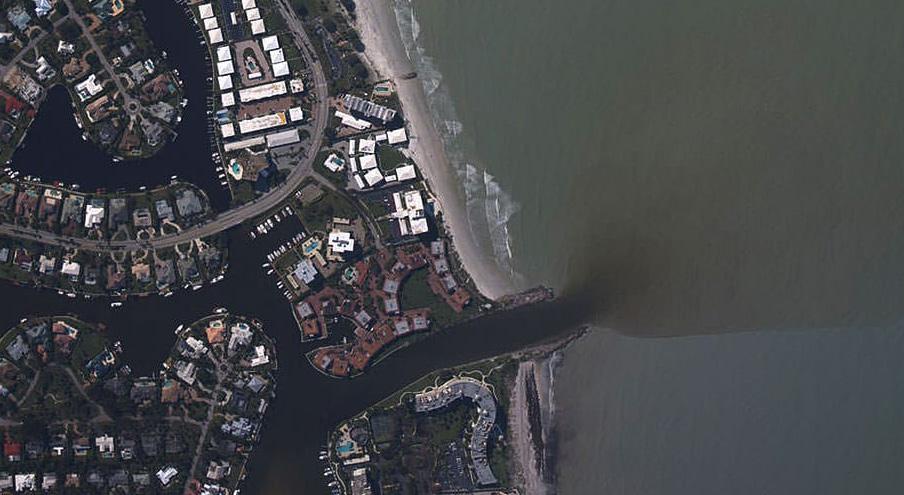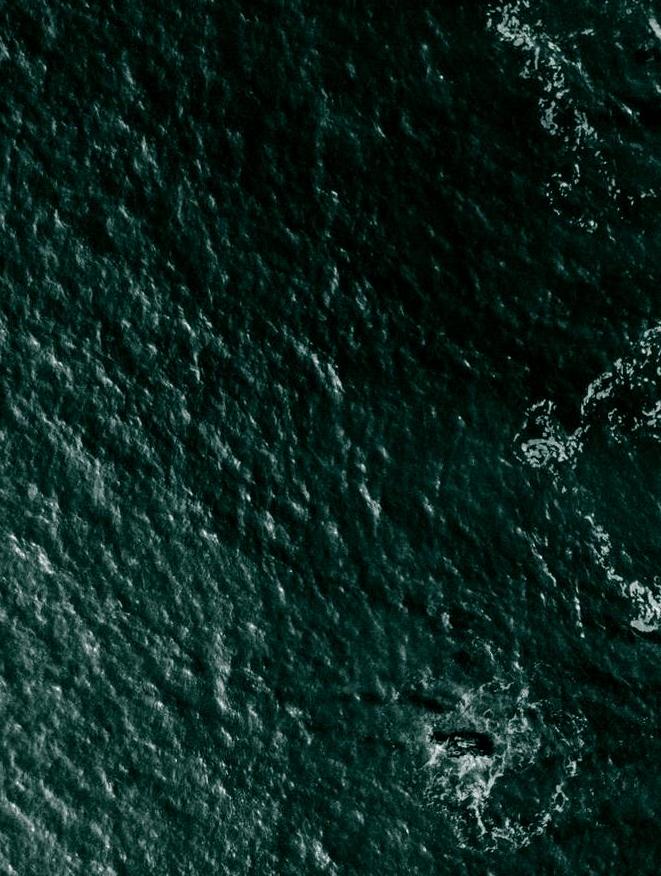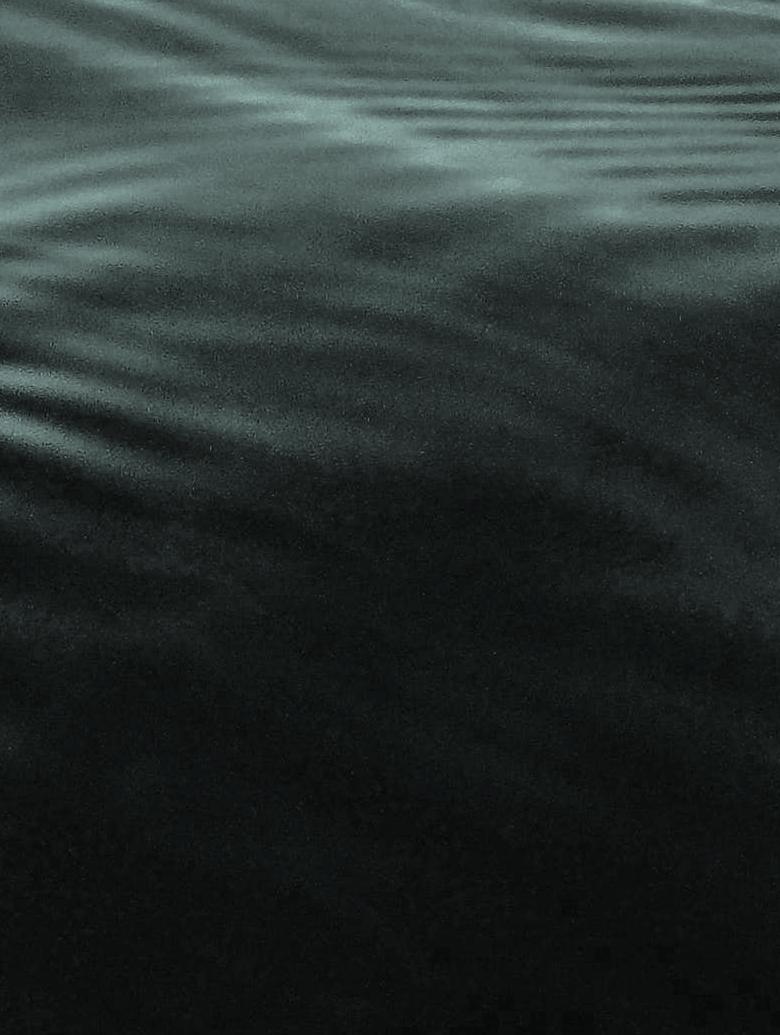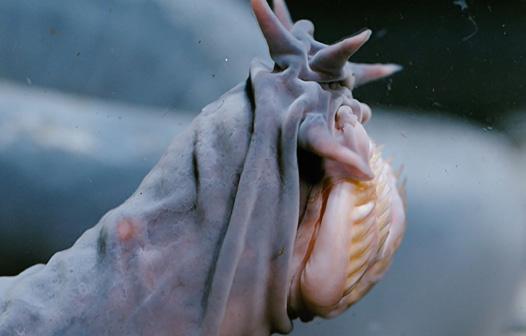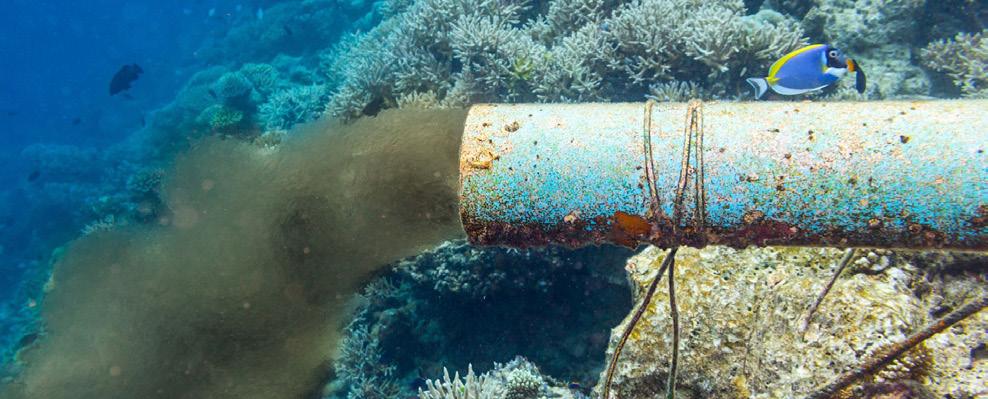
1 minute read
Oil Spills
Oceans are the largest water bodies on the planet Earth. Over the last few decades, excessive human activities have severely affected marine life on the Earth’s oceans. Ocean pollution, also known as marine pollution, is the spreading of harmful substances such as oil, plastic, industrial and agricultural waste and chemical particles into the ocean.
OIL SPILLS How and where do oil spills happen?
Advertisement
Oil spills that happen in rivers, bays and the ocean most often are caused by accidents involving tankers, barges, pipelines, refineries, drilling rigs and storage facilities, but also occur from recreational boats and in marinas. Most oils float on the oceans’ saltwater or freshwater from rivers and lakes. Oil usually spreads out rapidly across the water’s surface to form a thin oil slick. As the oil continues spreading, the slick becomes thinner and thinner, finally becoming a very thin sheen, which often looks like a rainbow. (In rare cases, very heavy oil can sometimes sink.)
The scene of the oil spill in the waters around Mauritius after Japanese bulk carrier, MV Wakashio, ran aground.
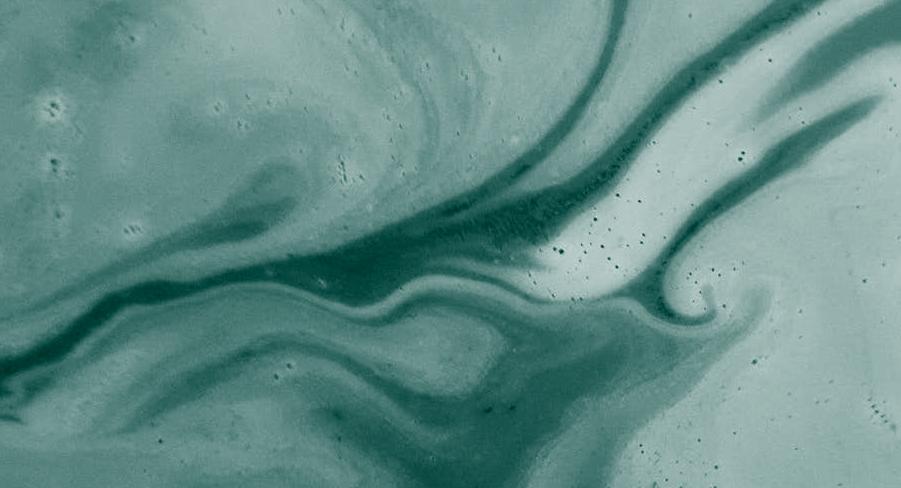
Depending on the circumstances, oil spills can be very harmful to marine birds, sea turtles and mammals, and also can harm fish and shellfish. Oil destroys the insulating ability of fur-bearing mammals, such as sea otters, and the water-repelling abilities of a bird’s feathers, exposing them to the harsh elements. Many birds and animals also swallow oil and are poisoned when they try to clean themselves or when eating oiled prey. Fish and shellfish can also digest oil, which could cause changes in reproduction, growth rates or even death.
Commercially important species such as oysters, shrimp, mahi-mahi, grouper, swordfish and tuna also could suffer population declines or become too contaminated to be safely caught and eaten. Depending on just where and when a spill happens, from a few up to hundreds or thousands of birds, fish, mammals, reptiles, corals and other animals and plants can be killed or injured.

